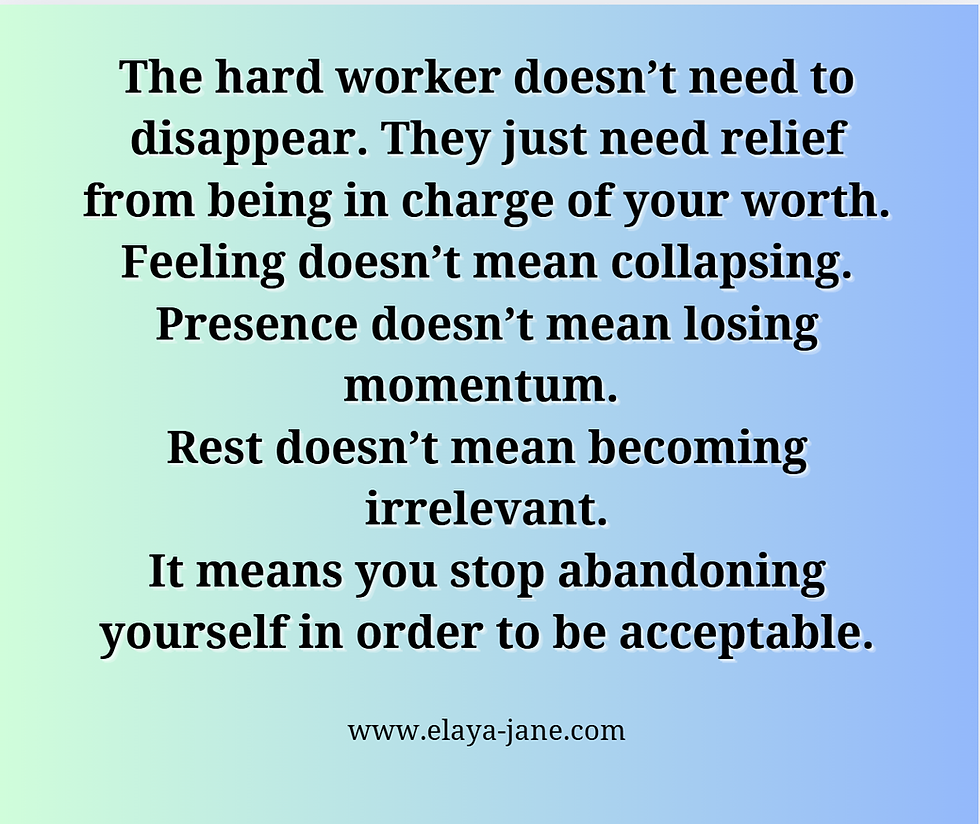Don't be too quick to Slam the Door!
- Jane McGarvey
- Dec 21, 2024
- 4 min read
Have you ever wondered if it was actually serving you to cut people off who do not align with your values? Here is some insight to consider...
Why Cutting People Off May Not Serve Our Growth
In the tapestry of human relationships, we often encounter threads that seem frayed or out of sync with the fabric we are weaving in our lives. It can be tempting to cut these threads, distancing ourselves from people who offend, upset, or fail to "align" with our values. While boundaries are essential, the act of severing connections in the name of self-preservation can sometimes limit our spiritual growth. After all, isn’t every interaction an invitation to deepen our relationship with ourselves and the world around us?
Moving Beyond Judgment
When we decide someone is "out of alignment," what are we really saying? More often than not, it is a reflection of our own discomfort, a projection of unmet needs or unresolved wounds. This isn’t to dismiss the validity of our feelings—boundaries matter, and self-respect is non-negotiable—but it does invite a moment of pause. Judging someone as incompatible with our path often comes from a place of fear or a desire to protect the ego. Grace, on the other hand, invites us to step into compassion, both for ourselves and the other person.
Grace doesn’t mean tolerating toxic behavior. Instead, it asks us to recognize the humanity in others, even when they challenge us. It’s a shift from seeing the world in terms of "us versus them" to understanding that every interaction holds the potential for self-awareness and transformation.
Every Encounter Is a Mirror
Think of the people who trigger you as mirrors reflecting parts of yourself that are calling for attention. Someone’s harsh words might remind you of times when your voice was stifled. Their actions might echo past betrayals or awaken fears of rejection. Instead of cutting these individuals off, ask yourself:
What is this person teaching me about myself?
How can I respond in a way that aligns with my highest self?
What part of me feels unseen, unheard, or unloved in this interaction?
When we view relationships as opportunities for growth, even the most difficult encounters can become profound lessons.
Practical Ways to Handle Challenging Relationships
Pause Before Reacting
Take a breath before responding to hurtful words or actions. This moment of stillness allows you to step out of reactivity and choose a response aligned with grace.
Communicate Boundaries Clearly
Grace doesn’t mean being a doormat. Let people know how their actions affect you with kindness but firmness. For example, “When you speak to me in that tone, I feel disrespected. I’d appreciate it if we could have a more understanding conversation.”
Practice Empathy
Try to understand the other person's perspective. What might they be going through that causes them to act this way? Empathy doesn’t excuse bad behavior, but it can soften your response.
Focus on Self-Care
Protect your energy by engaging in practices that nurture you. Meditation, journaling, or spending time in nature can help you process emotions and find clarity.
Reframe the Situation
Ask yourself, “How is this interaction serving my growth?” Shifting from victimhood to empowerment can transform a negative experience into a valuable lesson.
Know When to Create Space
Sometimes, the most loving act is to take a step back—not in anger, but in self-respect. This space allows for healing and reflection without severing the connection completely.
Grace as a Guiding Light
When we cut people off too quickly, we may rob ourselves of the chance to practice forgiveness, patience, and compassion. By choosing grace, we honor both our humanity and theirs. We recognize that life isn’t about perfect harmony but about navigating dissonance with courage and love.
In every interaction, we are given a choice: to contract in judgment or expand in understanding. By stepping into grace, we create space for deeper connections, not just with others but with the infinite wisdom within ourselves. This is the real alignment—the unity of our actions, thoughts, and spirit.
Ho’oponopono: Healing Through Forgiveness
One powerful practice for navigating challenging relationships is Ho’oponopono, a Hawaiian spiritual tradition focused on reconciliation and forgiveness. At its core, Ho’oponopono is built on the belief that we are all interconnected, and that taking responsibility for our perceptions and reactions can lead to profound healing. This practice invites us to repeat four simple yet transformative phrases: I’m sorry. Please forgive me. Thank you. I love you. These phrases are not necessarily directed toward the person who has hurt you but are an internal dialogue aimed at clearing emotional blocks within yourself. By acknowledging your role in the dynamics of a relationship, even on a subtle energetic level, you create a path for healing that benefits both you and the other person.
Applying Ho’oponopono in Daily Life
To use Ho’oponopono, start by sitting quietly and bringing to mind the person or situation that troubles you. Focus on your feelings, noticing any anger, frustration, or pain that arises. Then, repeat the four phrases softly to yourself. For example:
I’m sorry—Acknowledging the pain and your part in the dynamic, even if it’s only your internal reaction.
Please forgive me—Asking for forgiveness, not just from the other person but from your higher self for any judgments or unresolved emotions.
Thank you—Expressing gratitude for the opportunity to grow and heal through this experience.
I love you—Sending love to the situation, to the other person, and to yourself for the courage to embrace forgiveness.
This practice doesn’t require the other person’s direct involvement; it’s an internal process that shifts your energy and perspective. By consistently applying Ho’oponopono, you can soften your emotional triggers and create a sense of peace, even in the face of conflict. Over time, you may notice relationships naturally improving as the energetic barriers dissolve, making space for compassion and understanding.




Comments